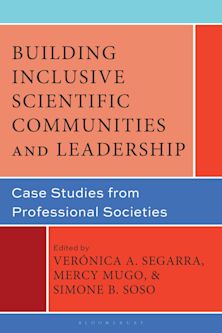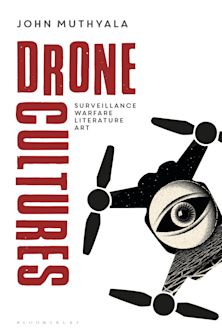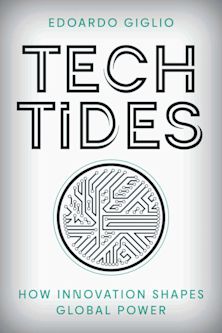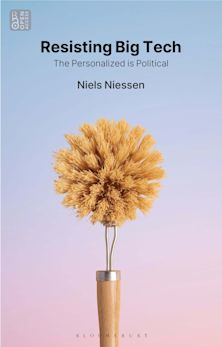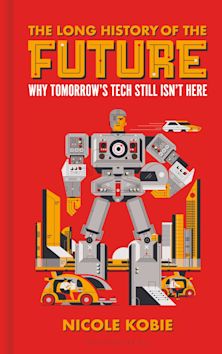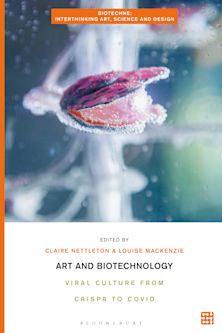This product is usually dispatched within 3 days
- Delivery and returns info
-
Free US delivery on orders $35 or over
Description
We spend a good amount of time in our lives managing waste: washing ourselves, taking out the trash, sorting recyclables, going to the toilet, deleting e-mail, picking out old clothes to give to charity, filling the compost bin, multitasking to save time, clipping coupons to save money. But waste is much more than what we want to get rid of or avoid. Far beyond terms like rubbish, trash, or litter, the idea of waste can provoke a minefield of emotions and moral anxieties. Gay Hawkins explores the ethical significance of waste in everyday life_from the broadest conceptions of waste and loss to how the environmental movement has affected the ways we think about garbage, the ways we deal with it, and the ways in which we view others' reactions to waste. Do we feel virtuous for reusing a plastic bag? Do we disdain those who throw away aluminum cans? At what point does personal waste become public responsibility? How does this 'public conscience' affect policy? Placing these ideas into historical, social, and cultural perspective, this thoughtful book seeks ways to change ecologically destructive practices without recourse to guilt, moralism, or despair.
Table of Contents
Chapter 2 1 An Overflowing Bin
Chapter 3 2 Plastic Bags
Chapter 4 3 Shit
Chapter 5 4 A Dumped Car
Chapter 6 5 Empty Bottles
Chapter 7 6 Worms
Chapter 8 Bibliography
Product details
| Published | Nov 28 2005 |
|---|---|
| Format | Paperback |
| Edition | 1st |
| Extent | 156 |
| ISBN | 9780742530133 |
| Imprint | Rowman & Littlefield |
| Dimensions | 9 x 6 inches |
| Publisher | Bloomsbury Publishing |
Reviews

ONLINE RESOURCES
Bloomsbury Collections
This book is available on Bloomsbury Collections where your library has access.













